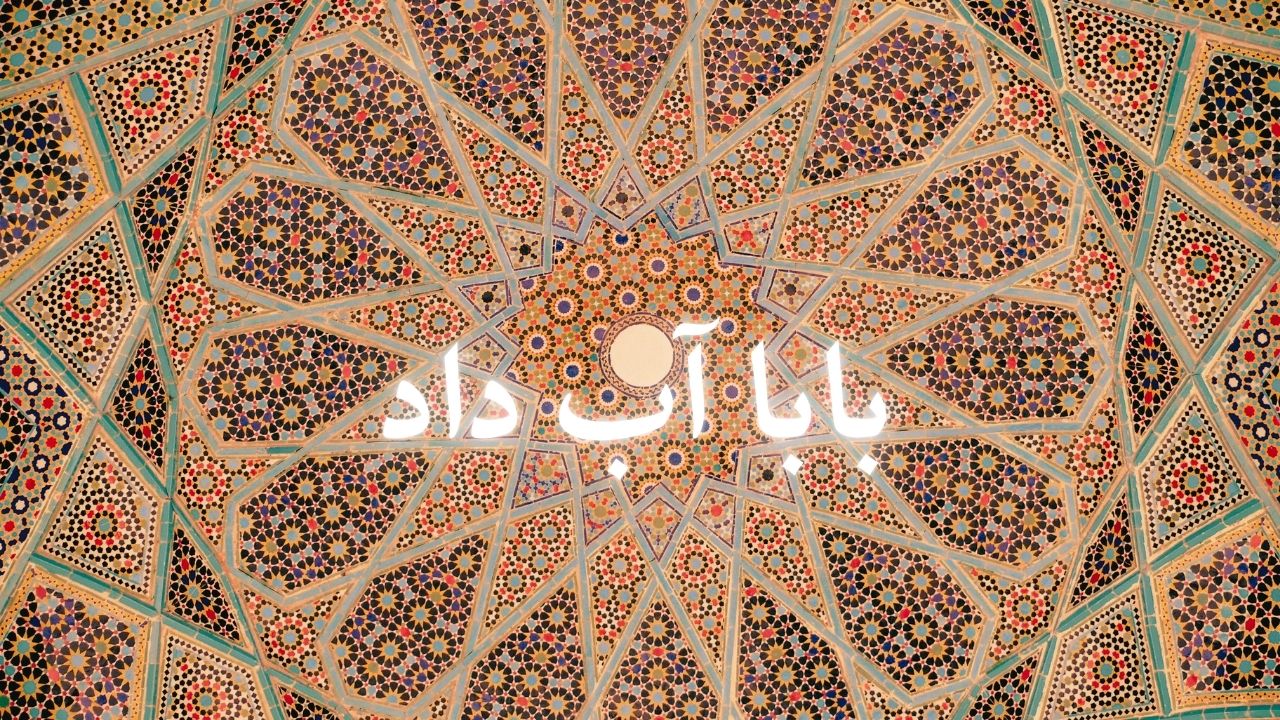Building Your Vocabulary
Now that you have a foundation in the Persian alphabet, let's start building your vocabulary. Remember, Persian doesn't have articles (like "the" or "a") and word order can differ from English.
Basic Greetings:
-
سلام (salām): Hello
-
خدانگهدار (khodahafez): Goodbye
-
ممنون (mamnoon): Thank you
-
خواهش میکنم (khāhesh mikonam): You're welcome
-
ببخشید (bebakshid): Excuse me
Simple Questions:
-
شما چطورید؟ (shomā chetorid?): How are you?
-
خوبم، ممنون: I'm good, thank you.
-
اسم شما چیست؟ (esm-e shomā chist?): What is your name?
-
من ... هستم (man ... hastam): My name is ...
Everyday Objects:
-
آب (āb): water
-
نان (nān): bread
-
کتاب (ketāb): book
-
در (der): door
-
پنجره (panjere): window
Practice Time:
Let's try making some simple sentences:
-
من آب میخواهم. (man āb mikhāham): I want water.
-
کتاب روی میز است. (ketāb rӯy mīz ast): The book is on the table.
-
سلام، من علی هستم. (salām, man ‘ali hastam): Hello, my name is Ali.
Remember:
-
Practice saying these words and sentences aloud.
-
Try to mimic the pronunciation as closely as possible.
-
Use flashcards to help you memorize new words.
Challenges and Tips:
-
Word order: Persian word order can be different from English, so pay attention to how words are arranged.
-
Vowels: Remember that vowels are represented by diacritics.
-
Pronunciation: Persian has specific pronunciation rules, so listen carefully to native speakers.
Additional Tips:
-
Try to find a language partner to practice speaking with.
-
Watch Persian movies or TV shows to improve your listening skills.
-
Don't be afraid to make mistakes. Everyone makes mistakes when learning a new language!

